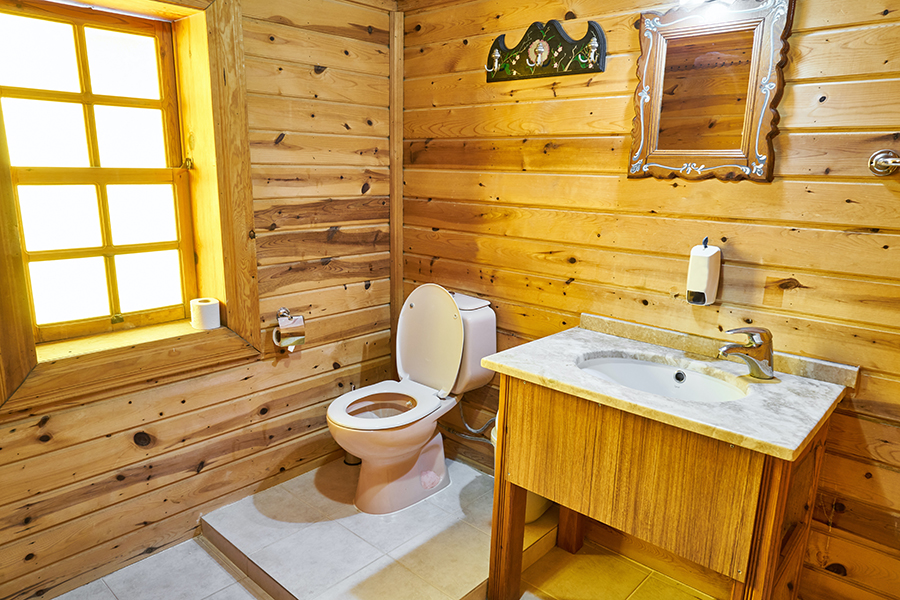In the search for cheap, green heat, cities from Toronto to Seattle are harnessing a wasted asset: human poop.
Michael Shank is director of engagement for the Carbon Neutral Cities Alliance.
As the saying goes, waste is a terrible thing to waste.
They don’t say that, but they should. Because one of our member cities, Toronto, is doing everything it can to ensure it’s not wasting waste – specifically human poop. Steaming piles of it.
Steaming being the operative word here, which also includes all that heated water – from hot showers, dishwashers and washing machines – that we send to the sewer.
There’s a lot of wasted energy in the form of heat. Harnessing it and making use of that energy, then, helps ensure that this energy, and those corresponding dollars, aren’t being flushed down the proverbial and literal drain.
Many municipalities have been doing this in some shape or form. And they’ve been inspiring each other, too, sharing lessons learned in this space.
Vancouver launched North America’s first district energy system to draw heat from untreated wastewater over a decade ago.
Back in 2010, a Neighborhood Energy Utility started capturing heat from wastewater and raw sewage to provide space heating and domestic hot water to local buildings in Vancouver’s Olympic Village.
In Seattle, King County’s wastewater treatment division was one of the country’s first utilities to offer sewer heat recovery, using heat energy from sewer pipes to heat and cool buildings.
But what Toronto is building this year is about to set new records in waste.
Using infrastructure that the city already owns, and partnering with the private sector, Toronto is in the middle of building the world’s largest system to transfer the energy from human waste and make good use of it to support a Toronto hospital.
Once it’s finished, it’ll be the biggest raw wastewater energy system in the world, and it’ll provide 90% of the heating and cooling requirements for University Health Network’s Toronto Western Hospital. It’ll supply a whopping 19 MW of thermal energy to the hospital.
In pursuing poop power at this scale, Toronto, like other municipalities, is realizing three things.
First, as an established climate leader, Toronto is investing in this space because raw wastewater is an excellent source of low-carbon energy. And the good news here is that there’s always more of it. It’s a very renewable energy resource.
That means that over the next three decades, the Toronto Western Hospital will be able to use nearly 2 billion kilowatt-hours of this low-carbon energy.
The environmental benefits of this system are substantial. It’ll reduce the hospital’s carbon dioxide emissions by 250,000 tonnes, which is equivalent to taking nearly 2,000 cars off the road every year.
And it’ll save more than 141 million kilowatt-hours of electricity, 130 million cubic meters of natural gas, and 1.3 billion litres of cooling water.
Second, beyond the energy and climate benefits, there are health benefits here too, as this system will provide easy access to wastewater sampling. This access was critical to monitoring COVID-19 and will prove essential to a range of health research opportunities, including future pandemic monitoring.
Third, in building the system Toronto is making use of municipal assets by leveraging existing (literally) soft and hard assets for climate action at little or no cost and risk.
The city has plans to leverage additional assets soon, like energy from submerged heat exchangers on Lake Ontario’s waterfront and deep geothermal pilot hole drilling.
Meanwhile, other institutions in Toronto – like the Toronto Zoo – are also getting in on the poop power revolution, using its 5,000 animals’ manure to make power for several hundred homes.
There’s so much opportunity here as cities like Toronto, and cities in the Carbon Neutral Cities Alliance, explore every avenue to unearth low carbon energy.
It’s a win-win economically and environmentally, as cities creatively leverage existing assets in the pursuit of sustainability and efficiency for all.
If there’s a city considering something similar, take a lesson from the leaders – and poop on, people. Our power depends on it.






